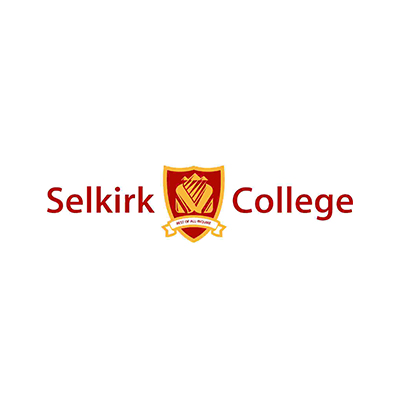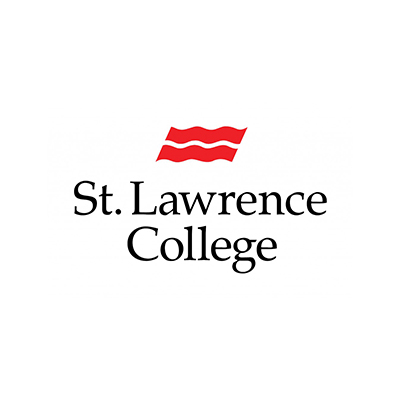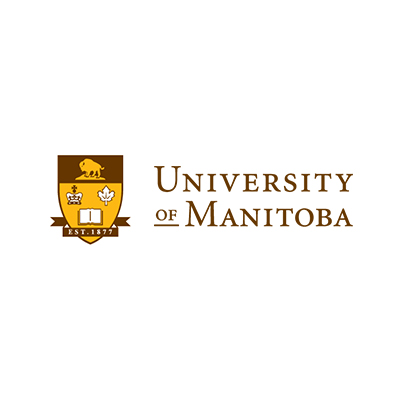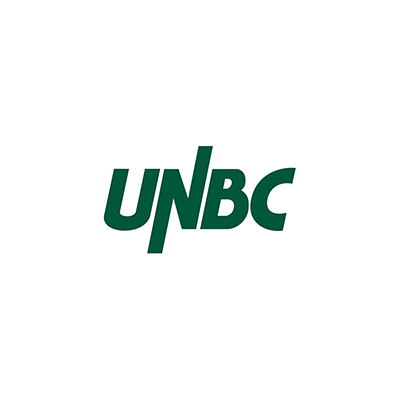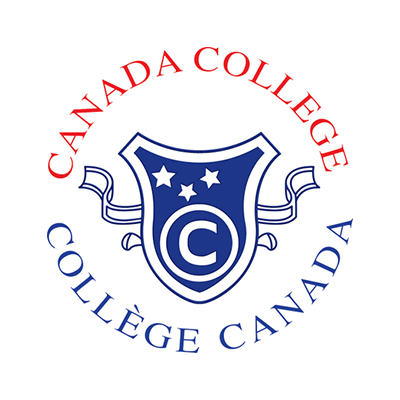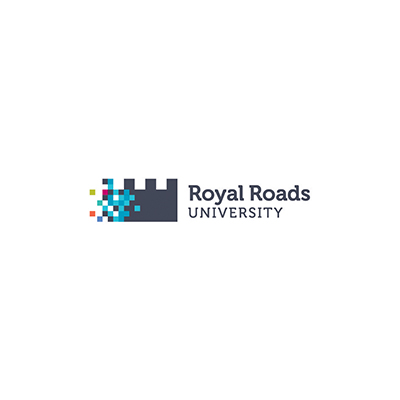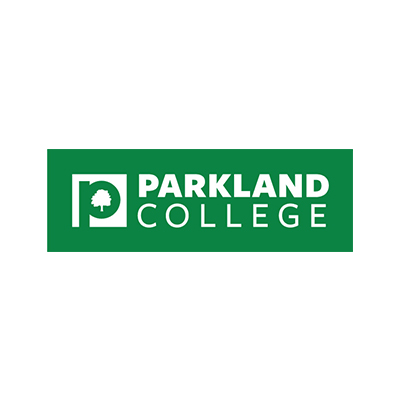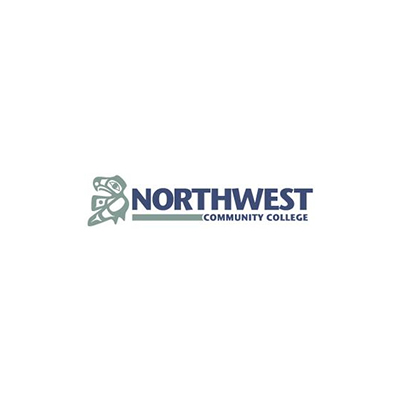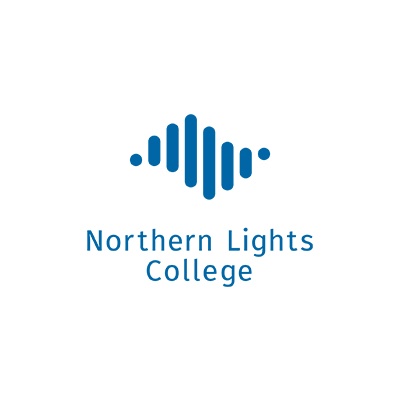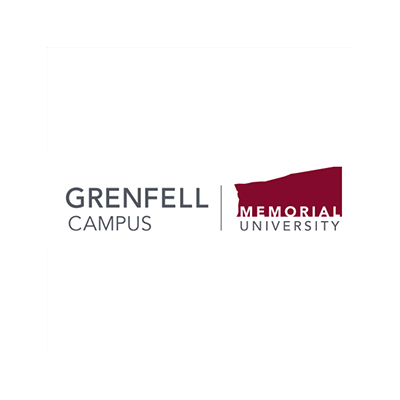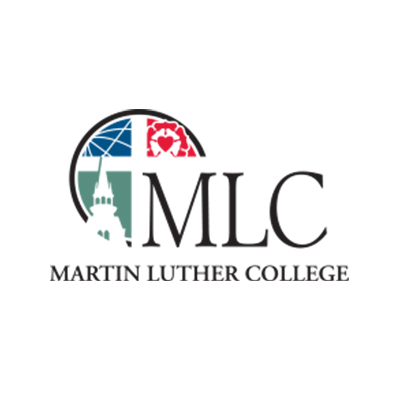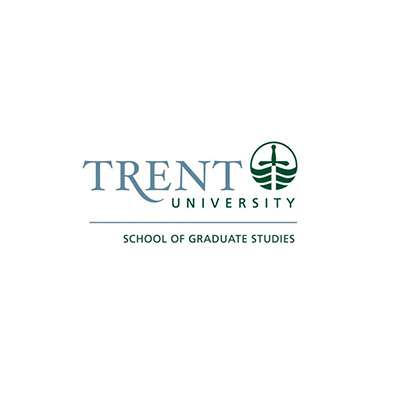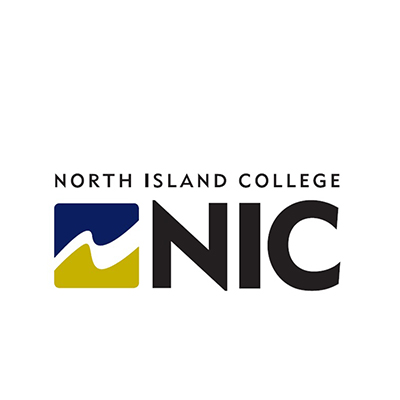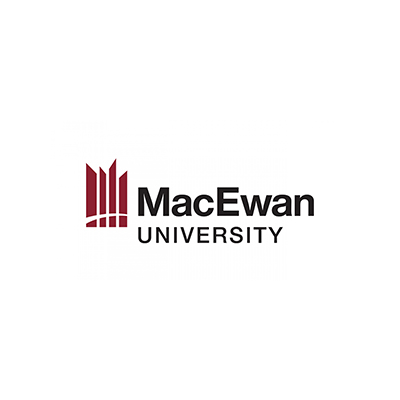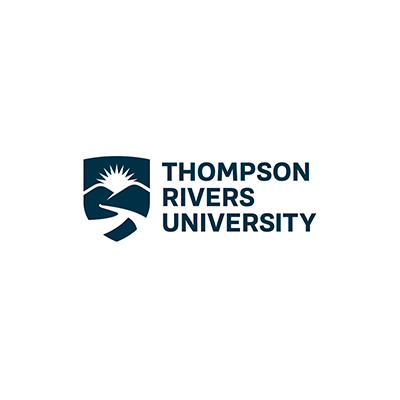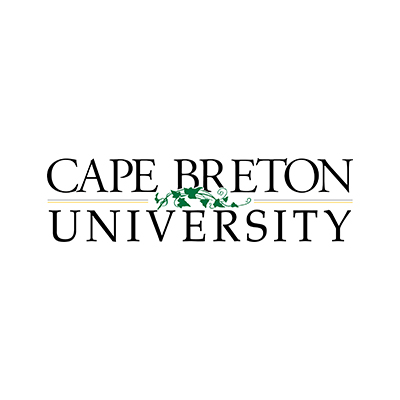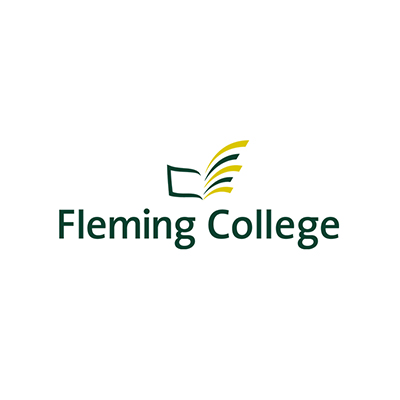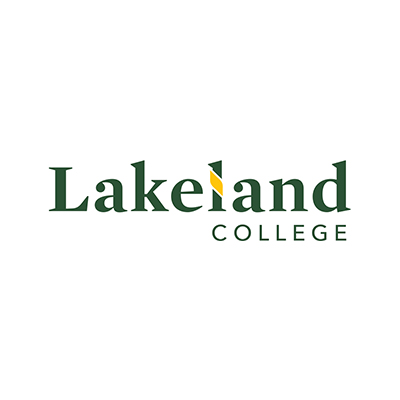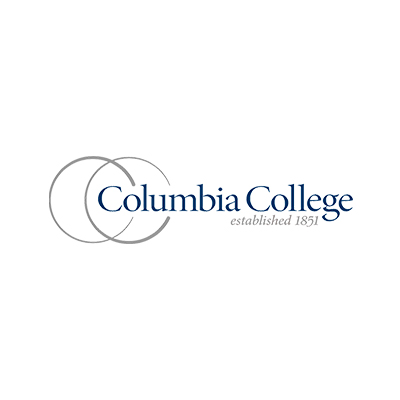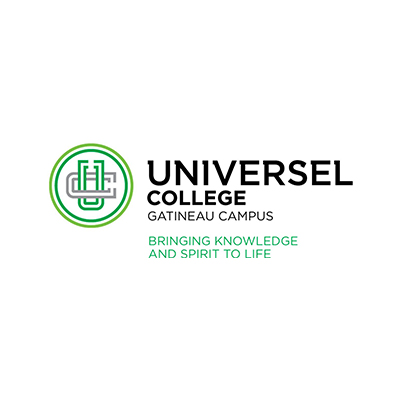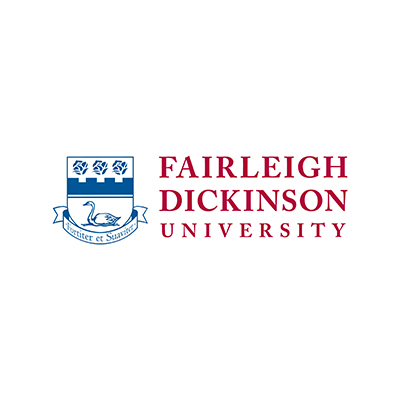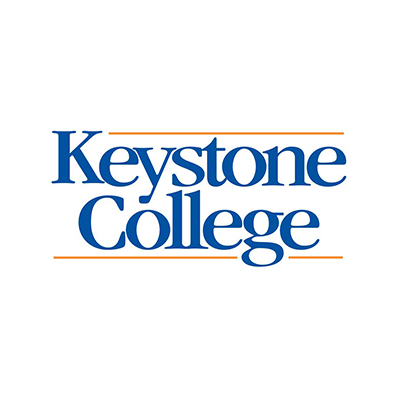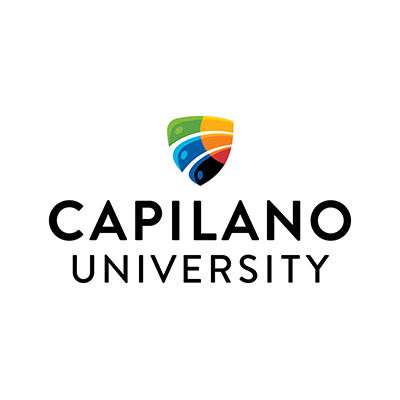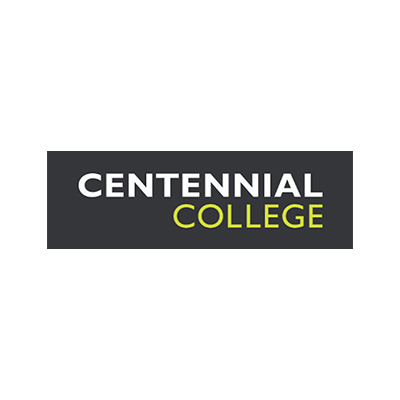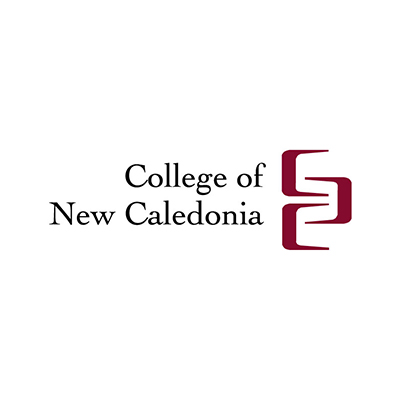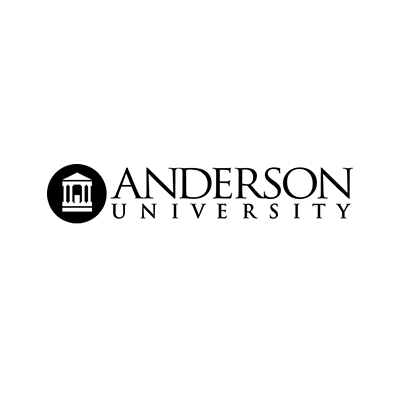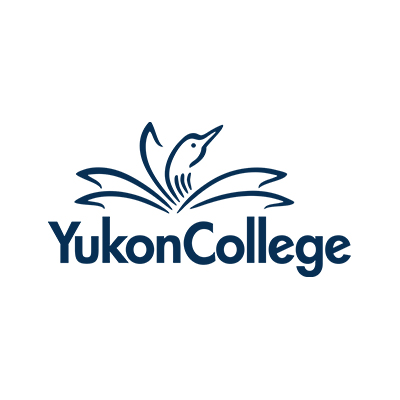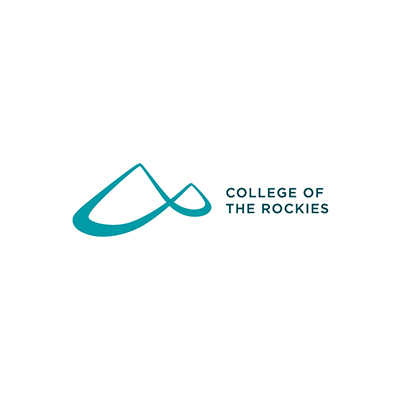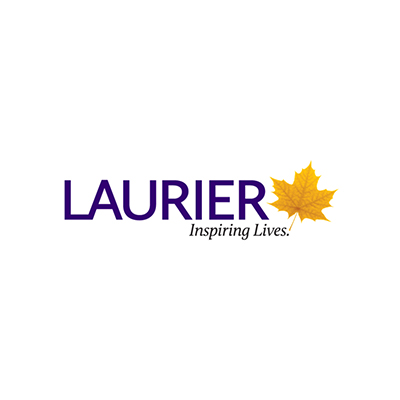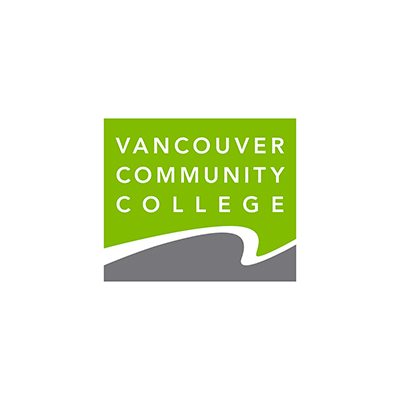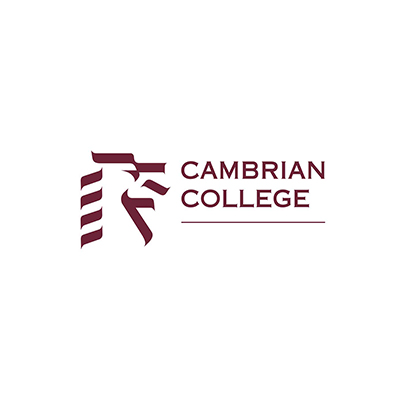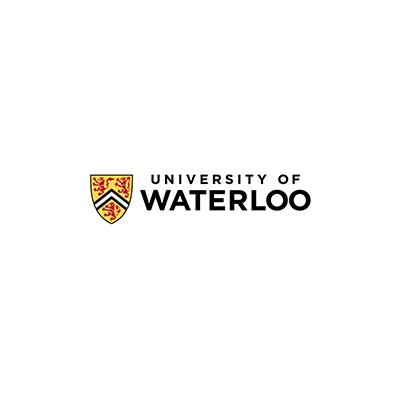Canada is a top international education destination for its world-class universities and colleges, post-study work and migration options on offer. The state controls the education sector, thus ensuring that the standard of the educational institutions is top notch.
Education in Canada is built on the British model. And this means – high quality of teaching, close interaction between teachers and students, special attention to research work. At the same time, studying in Canada costs on average cheaper than in the UK or the US.
Canada is one of the leaders in engineering, humanities, natural sciences and high technologies courses. Development of public and international relations, culture, art and education are high priorities of the country. That’s why it’s such a popular study abroad destination among Indian and other international students.
Institutions we represent

WHY CHOOSE CANADA?
Great Employment Opportunity
According to statistics, over 90% of graduates of Canadian universities and colleges end up being employed in their field of study within six months of graduating.
Graduates from a Canadian university or an institution have the opportunity to work in Canada for up to two years post completion of the study.
When post-graduation work permit is over, the student can apply for permanent residency under various categories, for instance, Canadian experience class, provincial nominee, etc.
High Research Value
More than 200,000 international students and researchers choose to study in Canada each year.
High living standards
Canada is constantly held in the top three countries with the highest standard of living.
Practical approach
An important advantage, and perhaps the main achievement of Canadian education is its orientation to practice. A lot of programs and courses provide paid internships during the study period.
The main thing here is not money but the fact that the student is gaining practical experience (necessary both for the student and for the resume) and the fact that many employers hire students for permanent positions after the internships.
Canada is multicultural and a bilingual country.
People from diverse parts of the world have settled in Canada, which reflects the multicultural campus culture. There is a strong base of Indian community too.
French is used on a par with English. And students can learn one of these languages at the same time.
World Recognition
A number of Canadian universities regularly appear in prominent world ranking systems.
Qualification from Canadian universities is highly recognised and valued internationally.Welcoming Environment
The United Nations has been consistently ranking Canada as one of the most livable countries.
A Safe Place To Study
Canada is one of the safest countries in the world.It is a peaceful, politically stable and a safe country.
A High Tech Country
Canada has a highly globalised economy and is, in fact, one of the world’s top ten trading nations. Usually, educational institutions are located on large campus territories, all of them have the modern high-tech equipment, comfortable student hostels, sports halls, small class sizes and highly qualified teachers which make studying in Canada really interesting, high-quality and effective.
Affordable tuition fee and living costs
Canadian institutions typically charge comparatively affordable fees.
The cost of studying in Canada is 35 – 40% cheaper than in Europe and almost 2 times cheaper than in the UK! The cost of living is 20-25% lower than in the neighbouring US.Work during Study
International students are allowed to work 20 hours a week, both on and off campus, when the semester is on, and full-time during vacations.
If you’re married, your spouse will be allowed to work full time while you study.
You’ll be able to gain practical work experience through internships and the Co-Op work program.
Study in Toronto
Cosmopolitan and economically thriving, Toronto is the cultural capital of Canada.
Toronto is a city of migrants and is as open to outsiders as it gets.
A dynamic metropolis that’s home to a lot of great institutions, it’s no wonder that 25% of Canada’s entire foreign student population has chosen to study in Toronto.
Study in Vancouver
Vancouver topped Mercer’s quality of living survey for North America in 2016, a position it has gotten used to over the years.
Canada’s third largest city is surrounded by marvelous nature.
If an active lifestyle is what you’re looking for, all the while attending a top-notch education institution, Vancouver should suit your every need.
CANADA’S EDUCATION SYSTEM
The education system in Canada is divided into:
Certificate level, generally for a year
Diploma level, for one or two years
Advanced Diploma, generally two or three-year programs
Bachelor degrees, awarded after four years of full-time study
Post-graduate Diplomas/Certificates, for oneGraduateyears of study
Master’s degrees, available after a bachelor degree to excel in a certain subject, for one to two years
Career colleges or technical institutesMaster’s degrees, available after a bachelor degree to excel in a certain subject, for one to two years
Doctorate or PhD, generally four to seven years
SCHOLARSHIPS
Some Canadian institutions offer scholarships to students with exceptional academics. The amount and type of scholarship depend on the institution.
APPLICATION PROCEDURE
Since the USA application process varies depending on the level of education and the type of institution that you desire to study therefore it is essential that you find out all the details before hand.
Book a free counseling with our international education experts at Planet Education.
Step 1 - Register with Planet Education and we will build your profile on the basis of your academic qualifications, work experience and interests.
Step 2 - Once assessment is initiated, we will shortlist the desired university and relevant course as per your profile and interest.
Step 3 - Complete application will be submitted to the respective university finalized by you.
Step 4 - We will assist you for visa documentation and acceptance of offer letter
Students applying for the USA are recommended to begin the application procedure at least 8-10 months prior to the intake.
VISA PROCESS
In Canada, a student visa is often referred to as “Study Permit”.
There are three categories where a student can File their visa application which are S.P.P., General, University.
Step 1: Visa advice
Step 2: Collect visa documents:
Passport
Passport-size photographs
Unconditional letter of acceptance
Fees receipt (recommended)
Scholarship letter (if applicable)
Any relevant correspondence with the institution
Financial documents
Academic documents
Test scores
Work experience certificates (if applicable)
Medical report (if already undertaken)
Step 3: Check provincial guidelines
Step 4: Submit application through VFS Canada
Step 5: Provide additional information or documents
Book your free appointment with our visa counselors.
We’ll clear your confusions and provide all the help you need for your visa process.
EMPLOYMENT PROSPECTS
You, as an international student, will be allowed to work 20 hours a week, both on and off campus, when the semester is on, and full-time during vacations.
Once you’re done with your degree, you’ll be offered a post-graduate work permit (valid for a minimum of one year to a maximum of three years). The validity of the permit will depend on the duration of your course. For example, a one-year degree leads to a one-year post-graduate work permit. The case is similar for two and three-year courses. However, if you’ve completed a four-year degree, your permit will be valid for only three years.
Once your post-graduation work permit is over, you can launch application for permanent residency under various categories, for instance, Canadian experience class, provincial nominee, etc or you can easily find job abroad in any other country.
| Type of Employment | Description |
|---|---|
| Co-programs | If your academic, professional or vocational training program includes an essential co-op or internship component, you will need to apply for a work permit. |
| Post-Graduation Work Permit Program (PGWPP) |
To work in Canada after you graduate, you must apply for a work permit under the Post-Graduation Work Permit Program (PGWPP). If you want to stay in Canada as a permanent resident after you graduate, there are a number of programs available, each with its own requirements. |
COST OF STUDYING & LIVING
Tuition fees in Canada are lower than in the UK, Australia, New Zealand, and the United States.
Tuition Fees:
On an average C$12,000 to C$40,000 per year depending on a program
Institution admission fees of C$100
Application Fees of C$250 (optional)
Compulsory fees for student service C$500-1000
Visa Fees – C$150 +C$85 for Biometric
Living cost in form of GIC – 10,000 CAD
It may cost a student about USD600 a month to rent a room off campus, and about USD2000 a month for an apartment.
STUDENT PARTNERSHIP PROGRAM COLLEGES
Student Partners Program (SPP) is an administrative framework between the Citizenship and Immigration Canada (CIC) and Association of Canadian Community Colleges (ACCC). SPP streamlines admission and visa process for Canadian Community Colleges and increases the number of visas issued to Indian students.
The current list of participating CICan members is the following:
Loyalist College of Applied Arts & Technology
Manitoba Institute of Trades & Technology
Medicine Hat College
Mohawk College of Applied Arts & Technology
Niagara College
North Island College
Northern Alberta Institute of Technology
Northern College
Northern Lights
NorQuest College
Okanagan College
Parkland College
Red River College of Applied Arts, Science & Technology
Saskatchewan Polytechnic
Sault College
Selkirk College
Seneca College of Applied Arts & Technology
Sheridan College Institute of Technology & Advanced Learning
St. Clair College of Applied Arts & Technology
St. Lawrence College
University of the Fraser Valley
Vancouver Community College
Vancouver Island University
Algonquin College
Assiniboine Community College
Bow Valley College
Cambrian College of Applied Arts & Technology
Camosun College
Canadore College
Centennial College of Applied Arts & Technology
College of New Caledonia
College of the Rockies
Columbia College
Conestoga College
Confederation College of Applied Arts & Technology
Douglas College
Durham College
Fanshawe College of Applied Arts & Technology
Fleming College
George Brown College
Georgian College of Arts & Technology
Humber College Institute of Technology & Advanced Learning
Kwantlen Polytechnic University
Lakeland College
Langara College
Lambton College of Applied Arts & Technology
LaSalle College
